I would like to understand how to write the equation of an ARIMA with seasonal effect
I am forecasting a financial variable using auto.arima in R. The result was an ARIMA(1 1 0)(0 1 0) 12.
So I only have 1 coefficient with value -0.4605.
Without the seasonal effect I know the equation would be
Yt = Yt-1 - 0.4605 * (Yt-1 - Yt-2)
So the value today is equal to the last value - beta times the lag delta.
Now, how should I include the seasonal effect?
My Data is enter image description here




